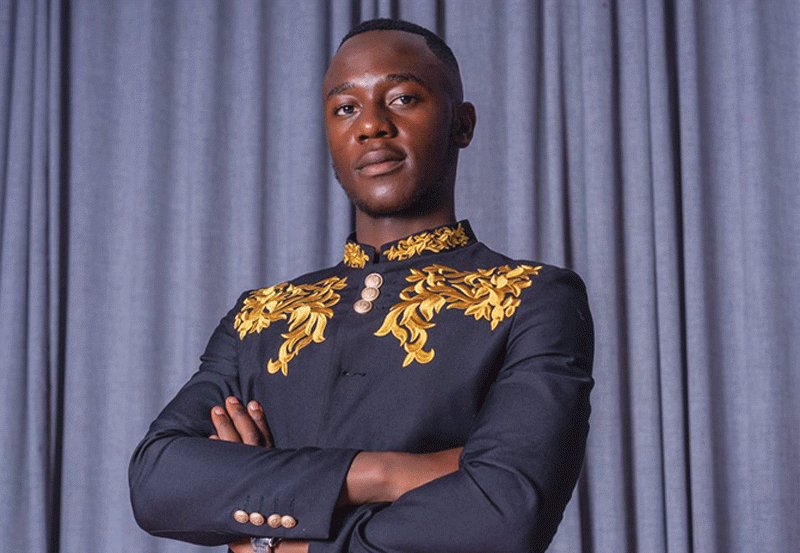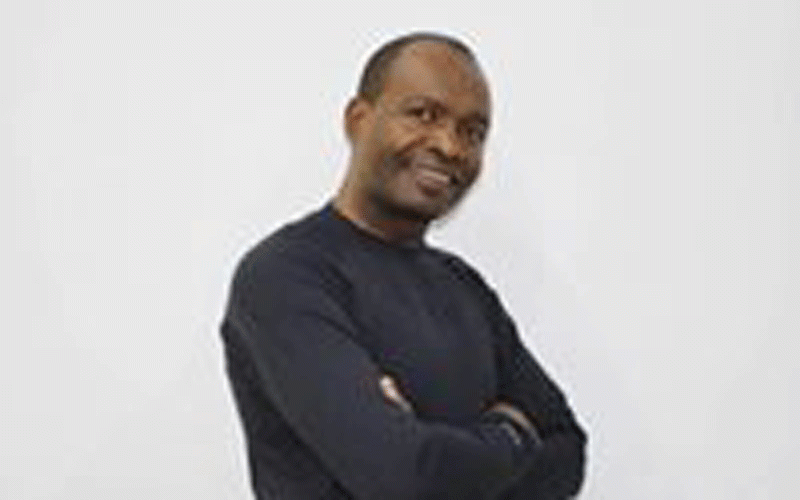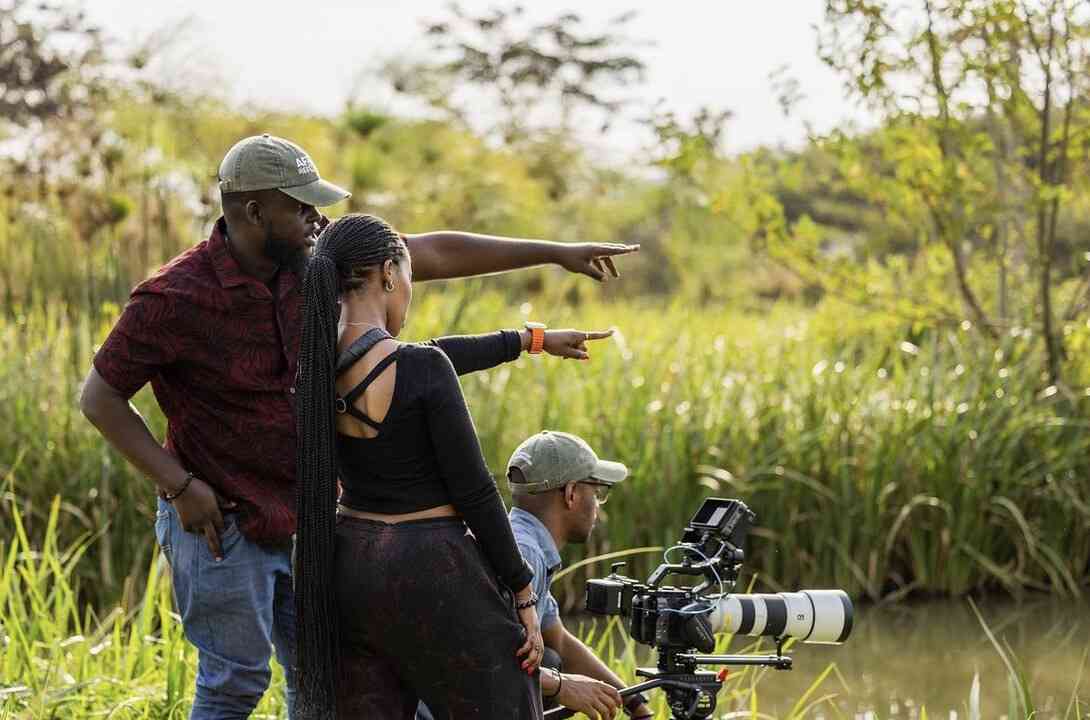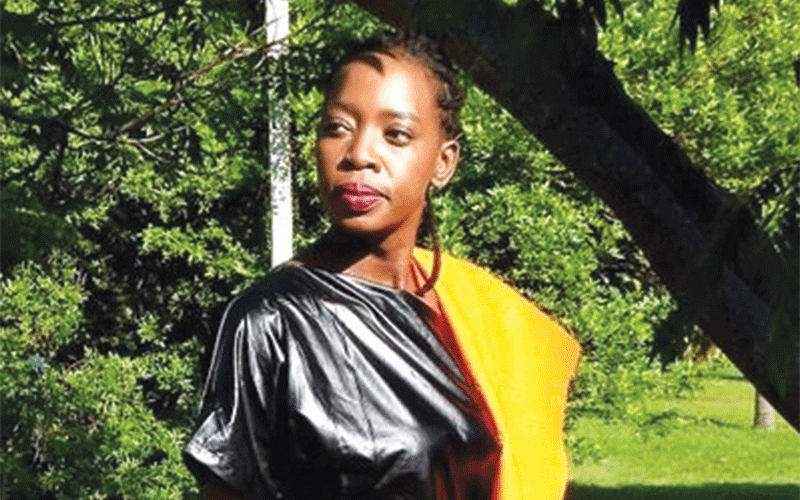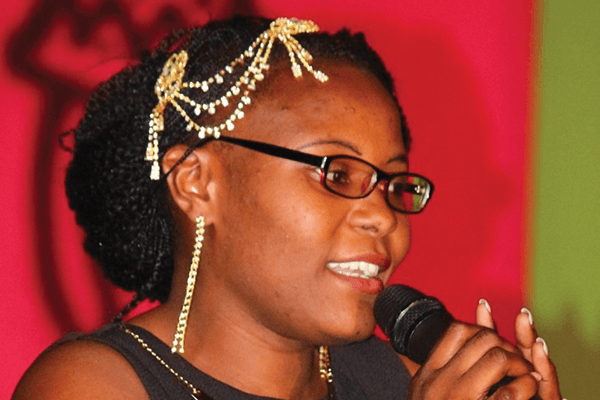
SNEAK PEEK Winstone Antonio
CHILDREN’S Performing Arts Workshop (Chipawo) was co-founded by Robert McLaren, the late Stephen Chifunyise and Farai Gezi nearly 30 years ago. It has grown from strength to strength, providing a platform to empower youths and developing arts talent.
NewsDay (ND) Life & Style Reporter Winstone Antonio caught up with Chipawo manager, Chipo Basopo (CB), to trace the organisation’s journey. Here are excerpts from the interview.
ND: Can you please kindly, in brief, trace Chipawo’s road to success?
CB: As Chipawo, a lot of growth has happened in the organisation as well as some failures. Chipawo nearly faced closure in 2015, but at that time, what kept it going was its vision for a better cultural experience and exposure for children and young people. Parents and partners have continued to believe that Chipawo is just not an organisation, but a great and strong instrument for the children of Zimbabwe and also the world kept it alive.
ND: You have obviously produced some great artistes over the years?
CB: Yes, Chipawo has produced a number of pioneers who are doing great, the likes of Danai Gurira, the late Chiwoniso Maraire, David Chifunyise, Gugu McLaren Ishewekunze, Rute Mbangwa and Charmaine Picardo. ND: How have funding challenges hampered your vision?
CB: With or without funding, the organisation still hosts its activities with the children.
- Chamisa under fire over US$120K donation
- Mavhunga puts DeMbare into Chibuku quarterfinals
- Pension funds bet on Cabora Bassa oilfields
- Councils defy govt fire tender directive
Keep Reading
ND: Can you briefly school us on your international arm.
CB: Chipawo has given birth to what we call Chipawo World, with South Africa (Chisa) Namibia (Chinamibia) Zambia (Chieza) and Botswana (Chipabo). These organisations are being led by young people in the different countries and have hosted different festivals and exchange programmes. Since 1992 Chipawo has attended different festivals in Africa, Europe and Asia creating strong relationships. So, basically at Chipawo a lot has been done from teaching over 3 000 children in Zimbabwe and taking Chipawo to more children in and outside Harare to rural schools.
ND: What other activities have you done in recent times?
CB: Recently, we launched SAFE Festival for children and young people in Zimbabwe, Africa and the world as a means to connect and interact with others who have similar work with children and young people. The festival will be hosted every year in August. We have our legend, Sekuru Majeza, who is one of the best traditional dancers in Zimbabwe who has kept alive the true meaning and form of our traditional dances. He has been with the organisation since its establishment.
ND: After almost three decades, you are still renting offices and hiring practice venues. Why is that so?
CB: For over 20 years, Chipawo has been hunting for space without any success. We have approached the Harare City Council and identified places where we can build what we call a Mntwana Centre, Mwana Anokosha, The Child is Precious Centre, but nothing has materialised. The whole plan is there and has been drawn, but it has not been a successful bid. Even now we have a current application and we are still on the waiting list since last year. Our dream is that one day Chipawo will be able to have its own space. We are, however, grateful though that there is Daves Guzha’s Theatre in the Park where we are able for now to host our Chipawo activities.
ND: Is there an age limit for individual who would like to join Chipawo?
CB: Chipawo accepts members from three up to 25 years. The members are divided into different spaces according to age, meaning from pre-school to high school, one will be in the Chipawo arts education programme and when one finishes high school they join Chipawo youth programme which has trainings in arts education, media, administration, marimba manufacturing, costume design. We now have New Horizon Theatre Company which is a professional theatre company for part-time and full-time artists. Under this programme that is how one can secure a job in any department in Chipawo.
ND: Do you think the government is doing enough in terms of supporting the arts?
CB: I believe our government just sees artists as entertainers living in Zimbabwe and making their own way of living. If the government was doing enough to support the arts, surely there was supposed to be an improvement in the state of the arts industry. Artists are finding their own way of living and lifting the Zimbabwean flag high as it is our calling and gift such that we just continue the fight.
ND: How can you describe the place of theatre in society?
CB: Our day-to-day lives are all art. One has a daily routine they follow and always do things differently; that is art. The only difference is that there is no audience to play along.
So, arts and society go hand in hand as what people learn in different platforms is put into practice. Art brings society together and through good or bad moments there is always that togetherness.



